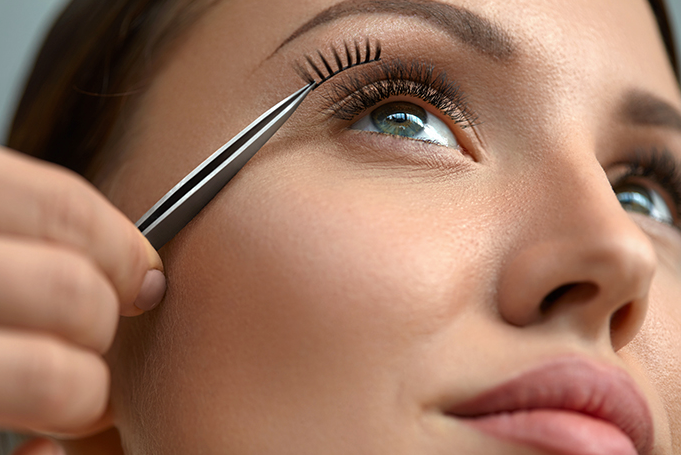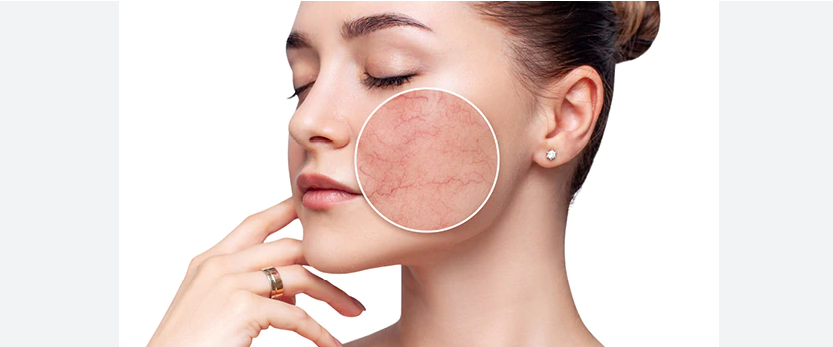Vitamin C is an essential nutrient that provides many benefits to the skin.
-
Vitamin C is necessary for collagen production, which is a protein that gives the skin its elasticity and firmness. It helps in reducing fine lines, wrinkles and improves the overall skin texture.
-
Protects against sun damage: Vitamin C has antioxidant properties that help protect the skin from free radicals and sun damage caused by UV radiation.
-
Reduces hyperpigmentation: Vitamin C helps reduce the appearance of hyperpigmentation and dark spots by inhibiting the production of melanin, the pigment responsible for skin color.
-
Improves skin hydration: Vitamin C can help improve skin hydration by promoting the production of natural moisturizing factors, which helps the skin retain moisture.
-
Vitamin C helps in reducing dullness and enhances skin brightness. It also gives a radiant glow to the skin.
Overall, Vitamin C is an excellent addition to any skincare routine, as it provides many benefits for the skin, including improved texture, tone, and overall health.
Vitamin C Combinations
Combining Vitamin C with other powerful skincare ingredients can enhance its benefits and provide even greater results. Here are some ingredients that can be combined with Vitamin C for powerful skincare:
-
Hyaluronic acid: is a powerful humectant that helps to retain moisture in the skin. When combined with Vitamin C, it can help boost hydration and promote a plump, youthful-looking complexion.
-
Niacinamide: is a form of Vitamin B3 that helps to improve skin texture, reduce the appearance of pores, and brighten the complexion. When combined with Vitamin C, it can help enhance the skin's overall tone and texture while reducing the appearance of dark spots, scars and hyperpigmentation.
-
Ferulic acid: is a powerful antioxidant that helps to protect the skin from environmental stressors and free radical damage. When combined with Vitamin C, it can help boost the effectiveness of both ingredients and provide even greater antioxidant protection for the skin.
Vitamin C Avoid
These ingredients should not be mixed with Vitamin C:
-
Retinol: Vitamin C and retinol are both powerful skincare ingredients that can provide numerous benefits for the skin, but they can also cause irritation when used together. Retinol is known to be unstable in the presence of acids like Vitamin C, so it's best to use them at different times of day or on alternate days.
-
Benzoyl peroxide: Benzoyl peroxide is a common acne treatment that can be harsh on the skin, and it can also break down Vitamin C and reduce its effectiveness. If you use both Vitamin C and benzoyl peroxide, it's best to apply them at different times of day or on alternate days.
-
AHAs/BHAs: Alpha hydroxy acids (AHAs) and beta hydroxy acids (BHAs) are exfoliating ingredients that can help to improve skin texture and unclog pores. However, they can also be irritating when combined with Vitamin C, so it's best to use them at different times of day or on alternate days.
-
Copper peptides: Copper peptides are a popular anti-aging ingredient that can help to improve skin firmness and elasticity. However, they can also destabilize Vitamin C and reduce its effectiveness, so it's best to avoid using them together.
-
Vitamin E: Vitamin E is another powerful antioxidant that can provide numerous benefits for the skin. While it can be used in combination with Vitamin C, it's important to use them in the correct concentrations and formulations to avoid irritation and achieve the best results.
Overall, it's important to be careful when combining Vitamin C with other skincare ingredients to avoid irritation and achieve the best results for the skin. If you're unsure about which ingredients to combine with Vitamin C, it's best to consult with a skincare professional!





